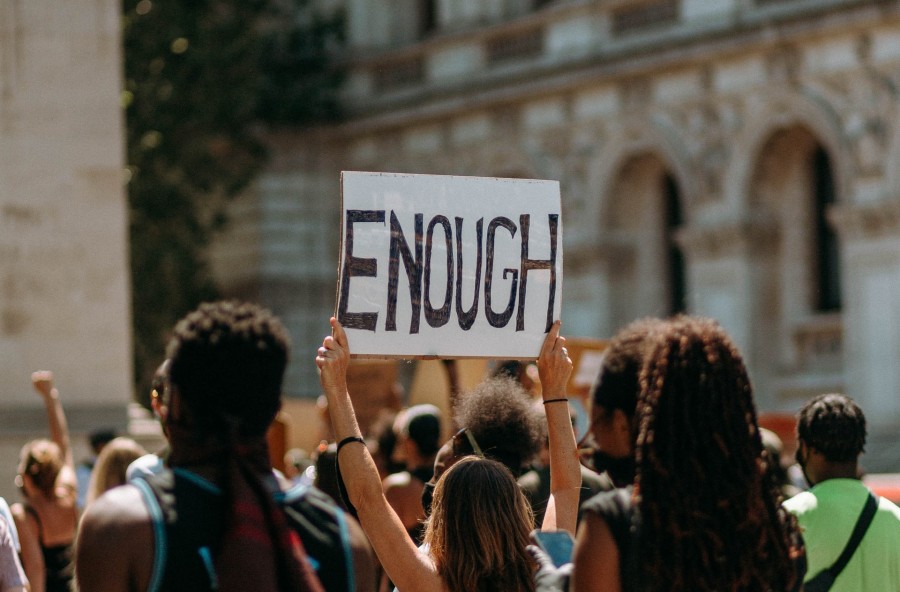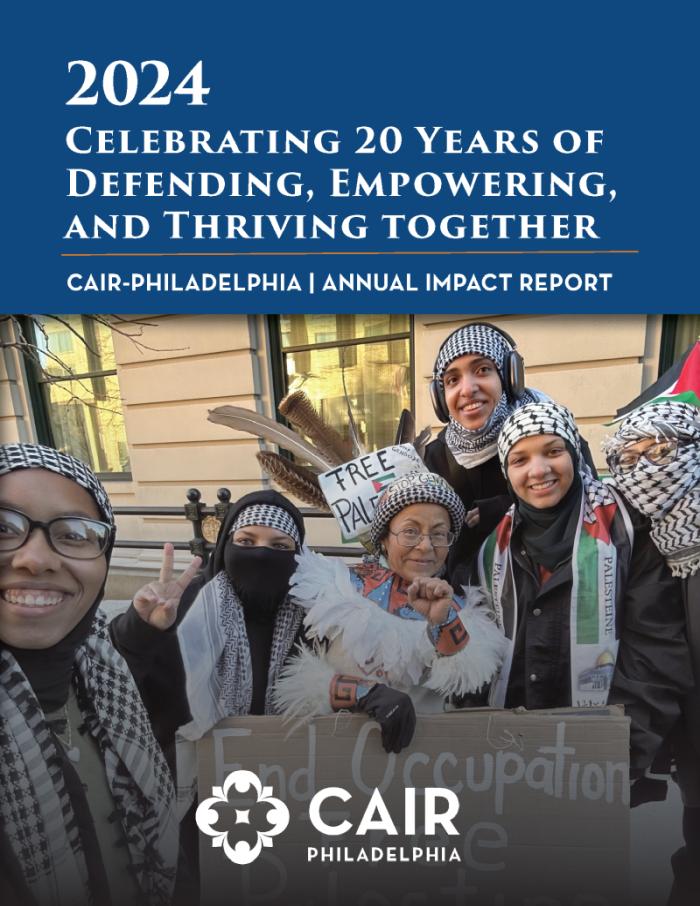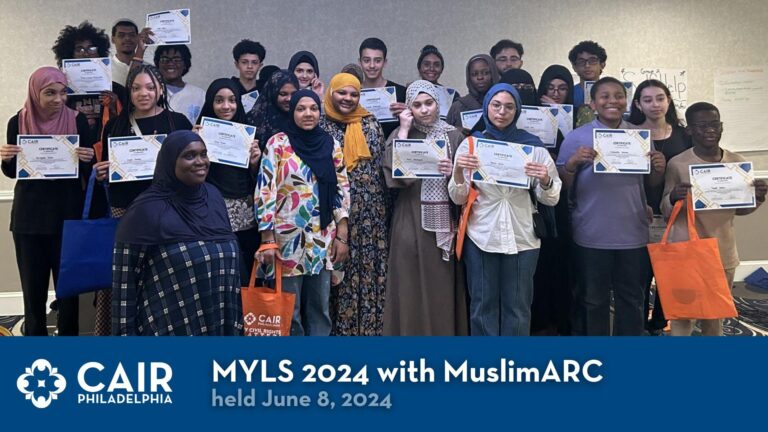After a long and contentious election season, the country still seems to be reeling and the schisms are deep and acute with no signs of respite. The situation feels perilous and unprecedented: we have an outgoing president proclaiming fraud while his own agencies are asserting a secure election and a staunchly divided populace teetering towards a deluge. A deluge of emotions, polarization, and abhorrence of the other group’s narrative.
We had a historic turnout and both candidates acquired votes in unparalleled numbers and what should have been a reason for celebration suggests an even further demarcation of ideas, narratives, and worldviews. Both sides hold strong in their encampments and trenches and are we at a point where the twain shall never meet?
Diametrically opposing viewpoints on the pandemic, mask wearing, the Black Lives Matter movement, racism, climate change, borders and immigration, judiciary, abortion, health care, and gun control, to name a few issues. This dissension’s pinnacle is embodied by a leader who either evokes complete adoration or complete aversion.
Debate and critical thinking are paramount for the growth and survival of a democracy and an open society. It stimulates a questioning mindset of challenging assumptions and encouraging introspection. Critical thinking fosters a nuanced viewpoint, the ability to think in grays and not absolutes, holding space for uncertainty, encouraging self-analysis and self-criticism. Critical and dialectical thinking nurtures an understanding of other points of view, and the ability to look at divergent narratives.
This stance seems lost somewhere in this acrimonious and polarized topography. In our democracy, there is not this robust, nuanced debate; rather angry, visceral reactions to what we hold true. We are unable to see the other’s point of view, and in our mind our narrative is not only correct but righteous as well. So, the question I pose here is why have these cracks and schisms appeared?
I discuss this question in my next blog — also, please leave your thoughts in the comments on Facebook.
Durriya Shamsi was a former member of CAIR-Philadelphia’s Advisory Board.
Disclaimer: Views and opinions expressed in this blog belong solely to the author and do not represent the positions of institutions, organizations, or individuals that the author may be associated with in a professional or personal capacity, unless explicitly stated.





